Keywords: Complementary Protection Bill
-

AUSTRALIA
- Kerry Murphy
- 05 July 2024
There is no doubt that laws for determining refugee status and onshore protection are complex. The cases of NZYQ and ASF17 demonstrate that when laws regarding asylum and protection intersect with laws regarding character and protection of the community, the results can be extremely messy.
READ MORE 
-
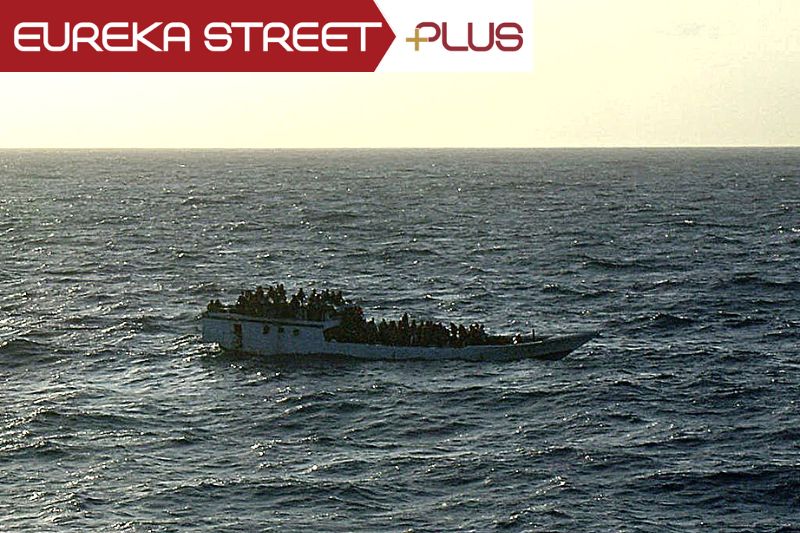
AUSTRALIA
- Kerry Murphy
- 04 January 2024
Throughout recent decades of Australian history, the stance every government has taken on asylum seekers has reflected the shifting political landscapes and challenging humanitarian issues that have continually shaped Australia's response to those seeking refuge.
READ MORE 
-

AUSTRALIA
- Kerry Murphy
- 28 July 2023
How has Australia's asylum seeker policy changed over the past thirty years? The approach of every government has reflected the shifting political landscapes and challenging humanitarian issues that have continually shaped Australia's response to those seeking refuge.
READ MORE 
-
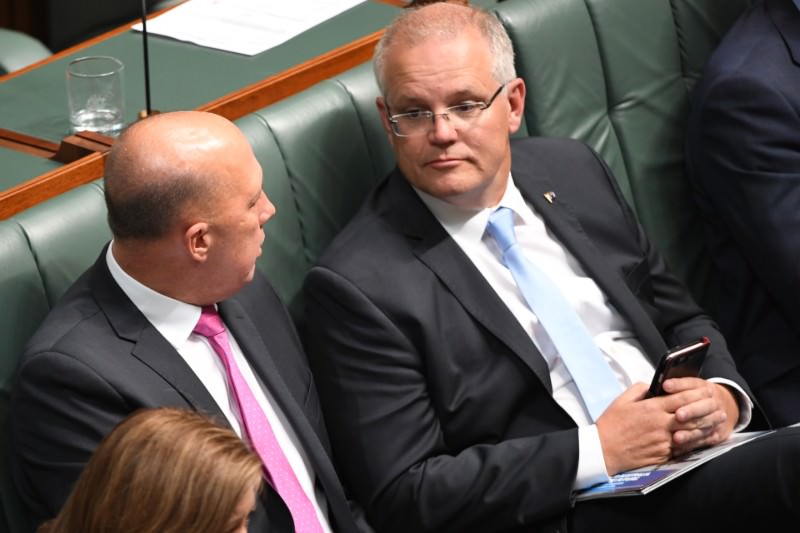
AUSTRALIA
- Kerry Murphy
- 23 October 2019
10 Comments
The Medevac law was needed because there was no sensible process to arrange for urgent medical treatment for the people we are punishing as a deterrent. The system is working according to the medical practitioners involved in it. It would be a tragedy if the Medevac laws were repealed, just to prove how tough and immovable we are.
READ MORE 
-
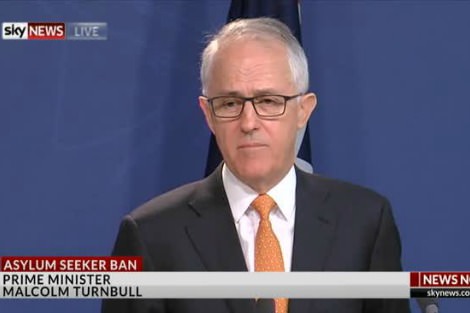
AUSTRALIA
- Kerry Murphy
- 03 November 2016
20 Comments
'Will this affect my case?' Hassan was worried about the survey that said nearly 50 per cent of Australians wanted to ban Muslims from migrating to Australia. I was working on his protection visa. He had a strong case. 'No,' I replied. Like any large religion, in Islam there are many variations in practice and beliefs, influenced by cultural and historical events. To simply ban them all is a crazy option. You do not ban everyone just because a minority are involved in criminal activity. Or so I thought.
READ MORE 
-
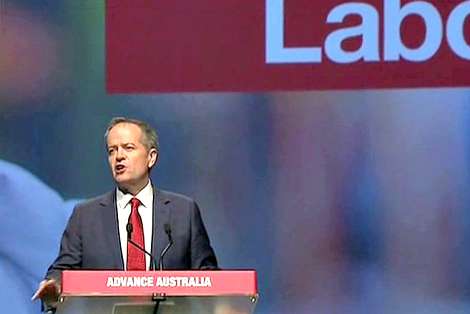
AUSTRALIA
- Kerry Murphy
- 28 July 2015
35 Comments
When refugee advocates criticise harsh policies such as boat turnbacks, they are confronted with claims that the measures are necessary for saving lives at sea. This justification has dominated the debate to the extent that any policy which further restricts refugee rights becomes justifiable on this ground. Imagine a proposal to ban cars because there were too many people killed and injured on the roads.
READ MORE 
-

AUSTRALIA
- Kerry Murphy
- 01 October 2014
14 Comments
Last week, Immigration Minister Scott Morrison proposed migration law changes that he said would speed up processing of the backlog of refugee claims, and allow asylum seekers to 'get on with their lives'. In fact they do nothing of the sort. The new temporary protection visa (TPV) denies family sponsorship, travel to visit family, and more.
READ MORE 
-

AUSTRALIA
- Kerry Murphy
- 10 December 2013
11 Comments
Last week asylum seekers had a small win only to have it snatched away, and then were confronted by a more serious attack. Those working with asylum seekers have learned to expect abuse and derision from governments directed against asylum seekers and those helping them. Labor is only moderately better than the Coalition, but at least they occasionally made positive decisions. However these recent events have reached a new nadir.
READ MORE
-

RELIGION
- Frank Brennan
- 26 June 2012
18 Comments
Last week’s tragedy of another mass loss of life at sea between Indonesia and Christmas Island focuses our minds yet again on an intractable public policy problem for Australia – our search for a coherent, workable and moral asylum policy.
READ MORE 
-

RELIGION
- Frank Brennan
- 16 April 2012
22 Comments
His proposed amendment to the Migration Act is designed to remove the peg on which the High Court hung the Malaysia solution out to dry. It is a convoluted means for allowing the executive government to declare an offshore processing country without meaningful scrutiny by Parliament or the High Court.
READ MORE 
-

INTERNATIONAL
- Kerry Murphy
- 22 March 2011
6 Comments
The reintroduction of the Complementary Protection Bill to Parliament this week ought be welcomed. Given the protests in Christmas Island, it is clear that the mandatory detention policy is also overdue for reform.
READ MORE
-
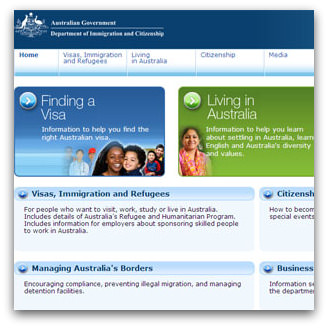
INTERNATIONAL
- Kerry Murphy
- 07 October 2009
13 Comments
Homosexuals in Iran and allegedly 'adulterous' women in some countries are at risk of execution. Such cases may not qualify for refugee status in Australia, but would benefit from a 'complementary protection' Bill currently before Parliament.
READ MORE 